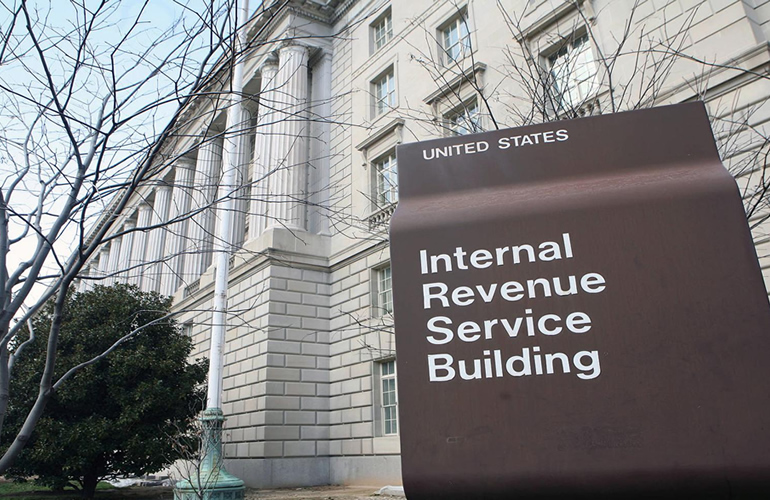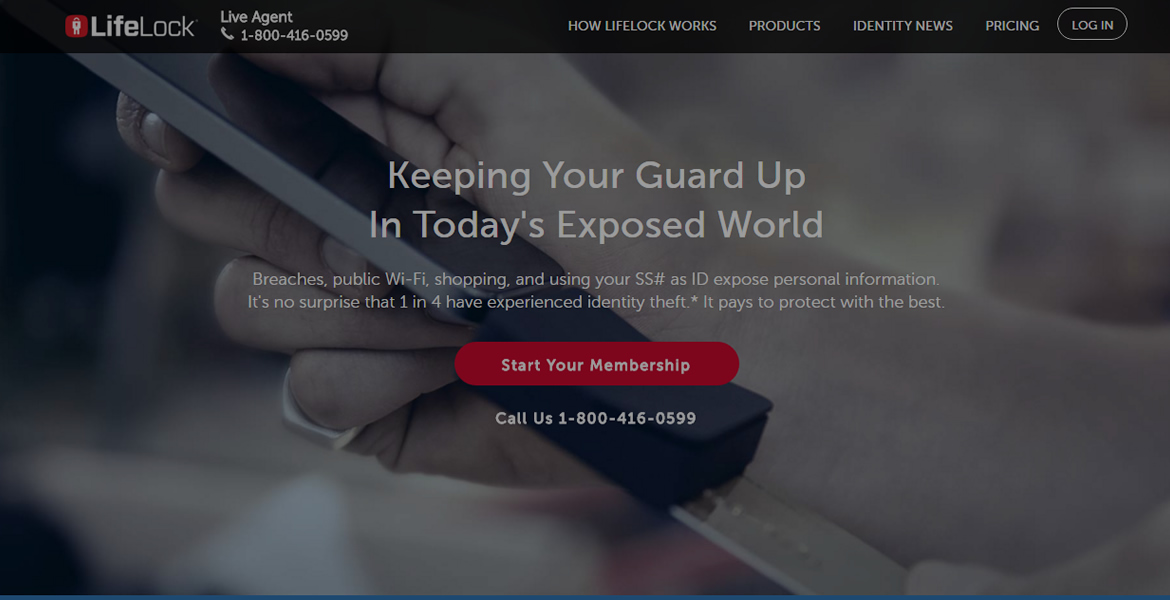Each year, hundreds of identity thieves pose as IRS agents to swindle taxpayers into disclosing their personal information. The IRS has taken notice of this scam, and passed along these 10 tips about identity theft:
- You will not be contacted by the IRS via email.
- If you do receive an email claiming to originate from the IRS, it is a scam or “phishing” email. Forward it to phishing@irs.gov so that the IRS can track down the senders of these emails.
- Not only emails, but also websites, are set up to look like IRS sites. If you visit a website that claims to be affiliated with the IRS, but the website address does not start with ‘www.irs.gov,’ do not enter any information. Instead, forward the link to phishing@irs.gov.
- Learn how to identify a secure website. Many other sites, including those of your bank and other financial institutions, may be spoofed by a scammer looking to gain your personal information. Visit the FTC at www.onguardonline.gov/tools/recognize-secure-site-using-ssl.aspx to learn how to tell if you’re at the real website, or a spoof site.
- Identity thieves gather your personal information in many ways. They may collect it through email, over the phone, by sifting through your garbage, or by posing as a tax collector.
- Thieves may use your identity, including your social security number, to get a job.
- If you receive notification from the IRS that more than one tax return was filed under your social security number, your identity may have been compromised. The same is true if you are notified that you were paid wages from an employer that is unfamiliar with you; someone may have used your social security number to gain employment. If you do receive an IRS letter in the mail, respond to it immediately.
- If you have lost your wallet, noticed unauthorized credit card charges, there is an unknown account on your credit report, or there is any other reason to believe you are at risk of identity theft, contact the IRS to provide proof of your identity.
- Do not routinely carry your social security card in your wallet. Though you’ll need it to start a new job or sign up for financial accounts, documents that display your Social Security number should be kept in a safe place.
- To learn more about ID theft, search the IRS.gov website for “Identity Theft.” There you’ll find the IRS Identity Theft and Your Tax Records Page, which explains how to report identity theft and phishing attempts.












